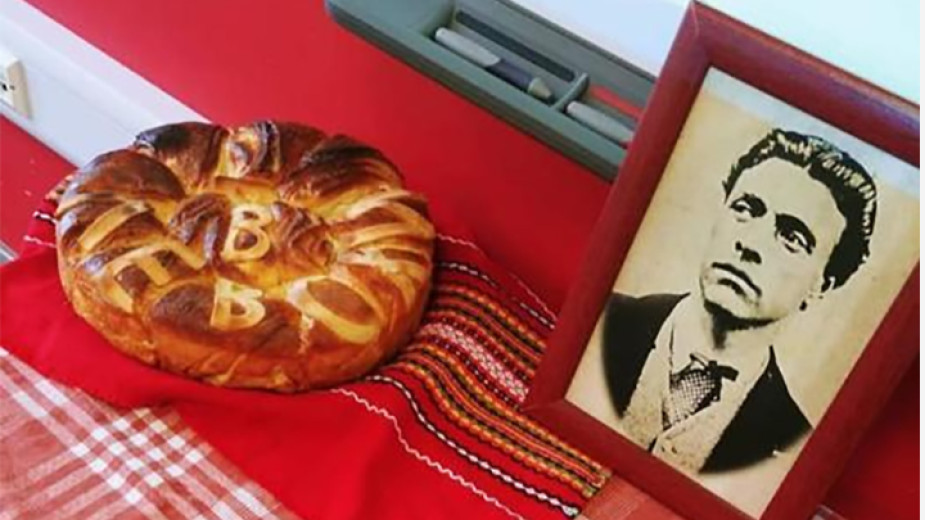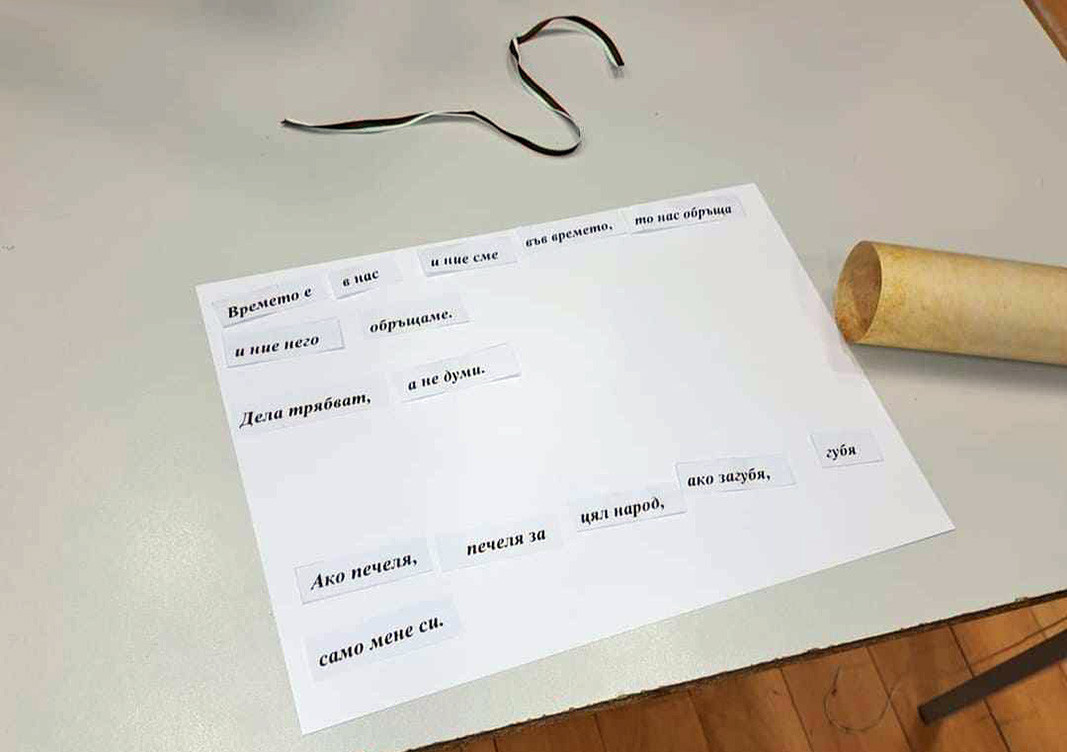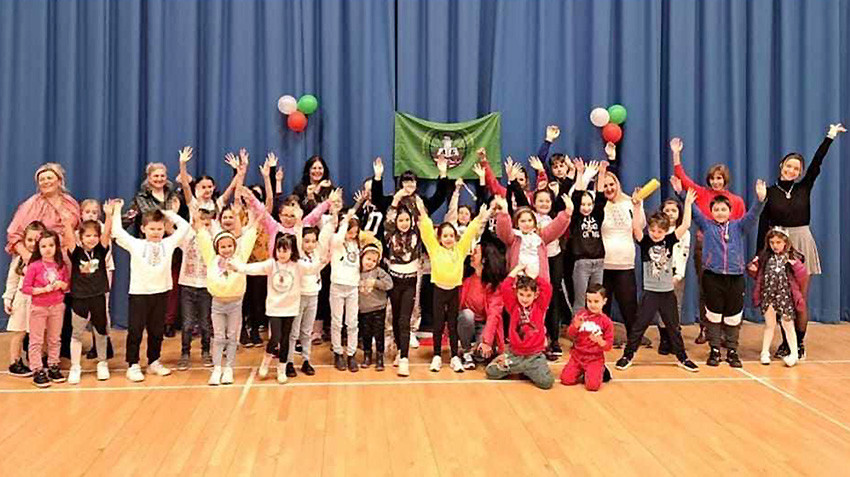 10
10





As we approach the height of summer and temperatures soar, access to water becomes essential. We remember the hardships of summer 2024, when hundreds of towns and villages across Bulgaria experienced a complete or partial lack of running water. The..
On June 21 and 22, the Expo Center "Flora" in the Sea Garden in Burgas will turn into a culinary arena , where the best paella masters from all over Bulgaria will face each other in the national qualifications for the World Paella Day Cup . There are..
A retaining wall alongside the Banshtitsa River in Kyustendil is being transformed into the country’s longest legal graffiti art wall, according to a report by the Bulgarian News Agency (BTA). "The goal is to attract artists from around the world to..
In a tradition that began informally over 40 years ago and has evolved over time , thousands of people crowded onto Bulgarian beaches on 1 July to welcome..

+359 2 9336 661
